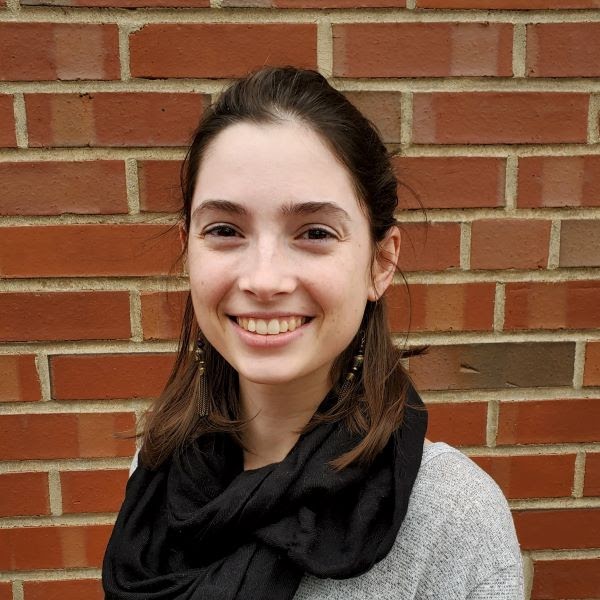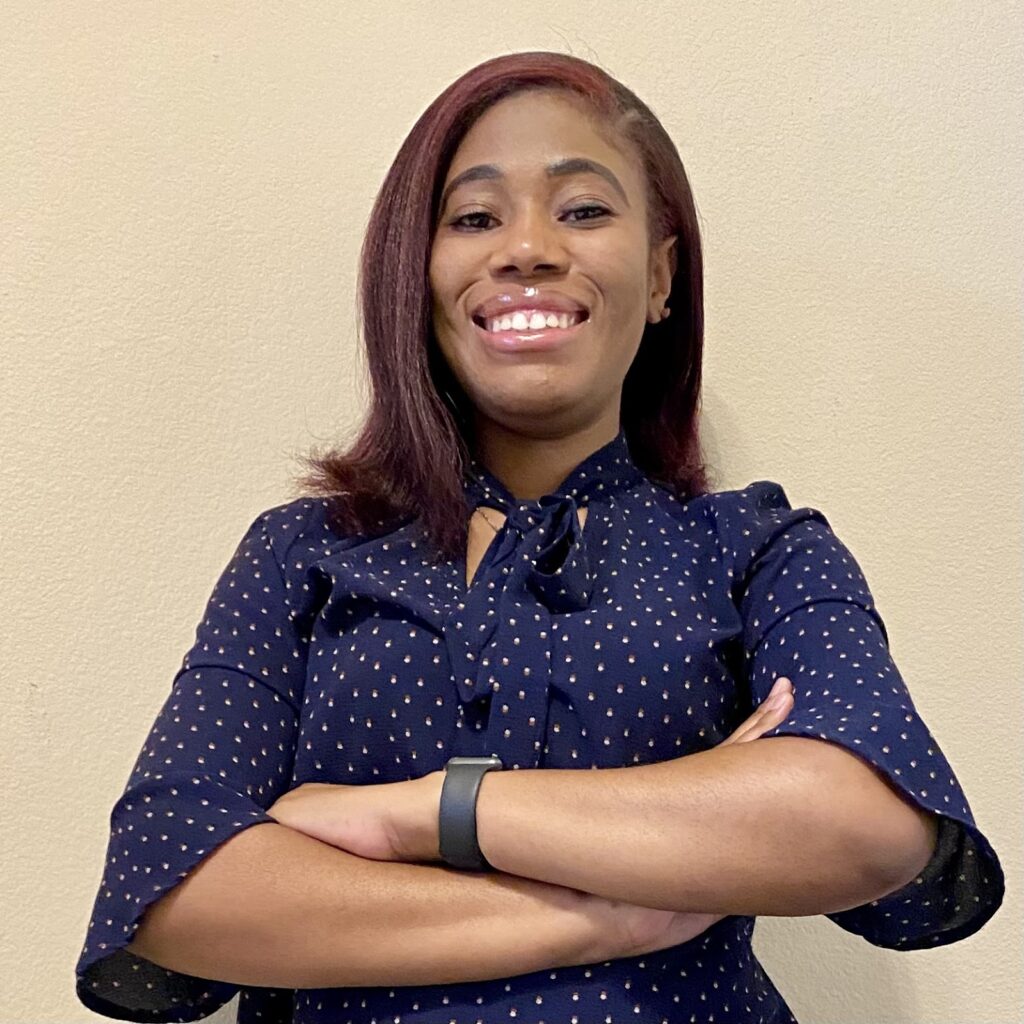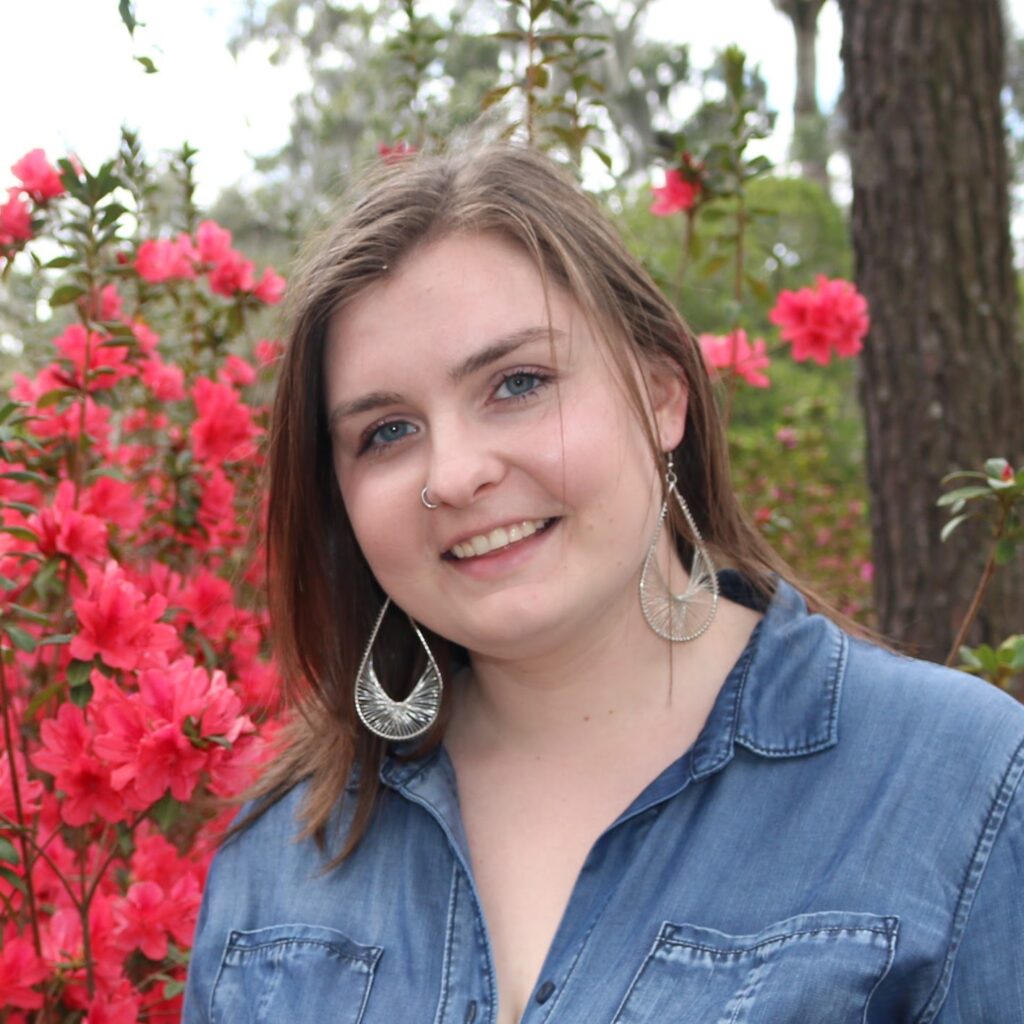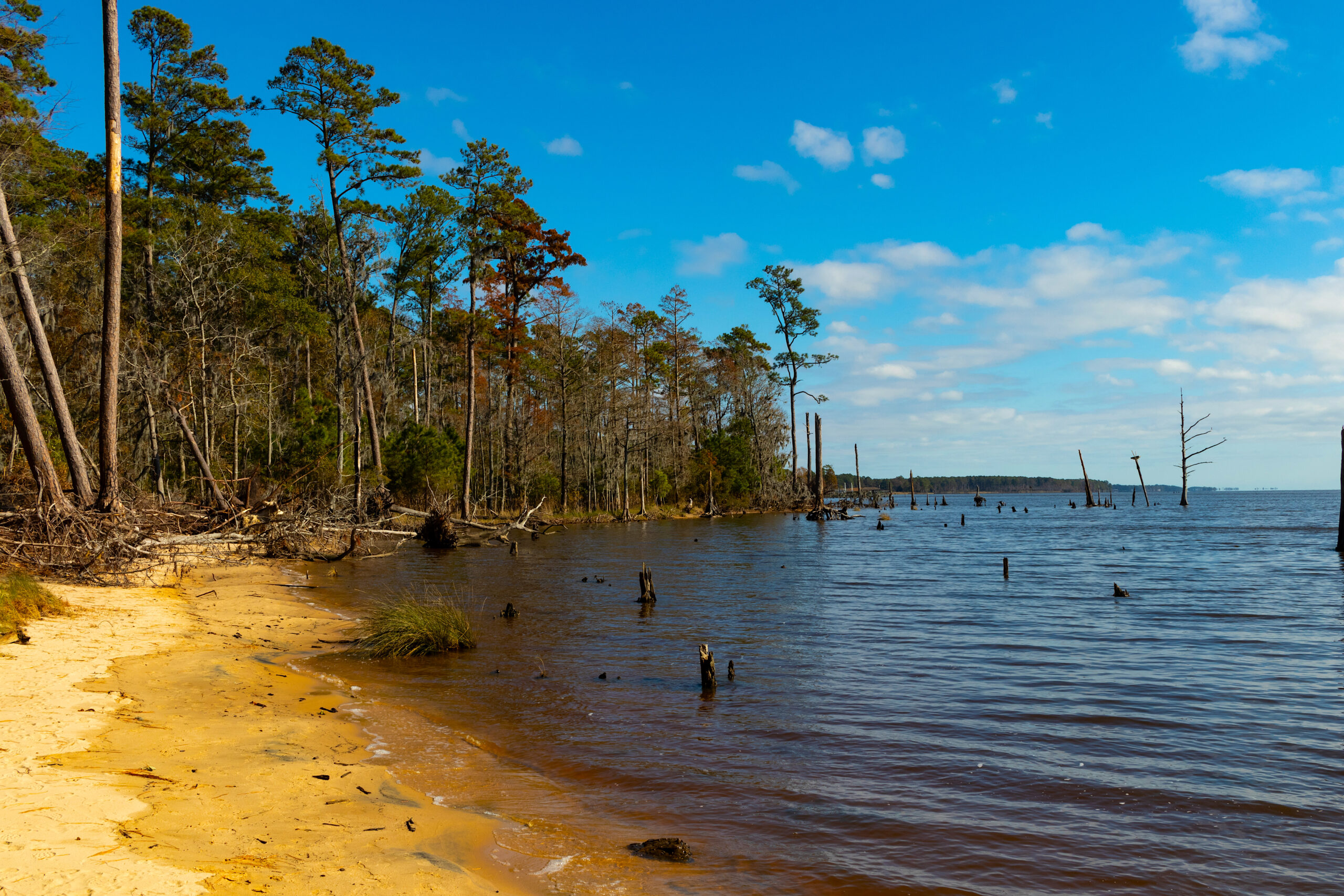WRRI Supporting 10 Graduate Students for 2021-22
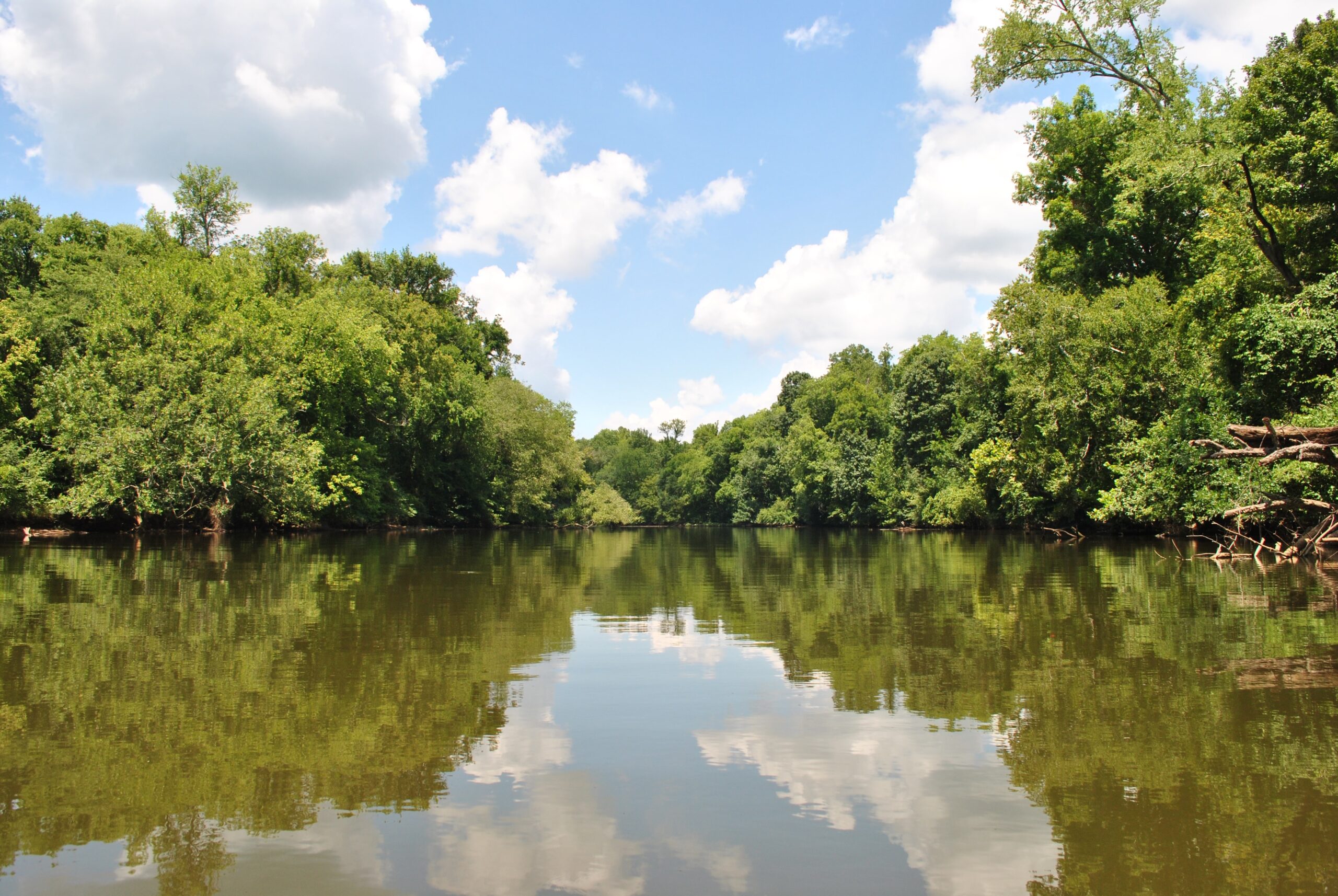
By Justin Lindemann
“We are pleased to see our funding partners join us again in support of a strong lineup of important projects from up-and-coming researchers,” notes John Fear, deputy director for the state’s Sea Grant and Water Resources Research Institute (WRRI) programs. “With research focusing on chemicals of concern, factors for erosion, a variety of infrastructural improvements and other topics, these graduate students are helping build knowledge about critical concerns that affect North Carolinians.”
The chosen students are from North Carolina Agricultural and Technical State University, North Carolina State University, the University of North Carolina at Chapel Hill and the University of North Carolina at Charlotte.
North Carolina’s Water Resources Research Institute is a federal-state partnership with funding through the U.S. Geological Survey in the U.S. Department of the Interior. The National Institutes for Water Resources partner with USGS in addressing water-related concerns by supporting research and other activities.

Nancy Alexander is a Ph.D. student in civil, construction and environmental engineering at NC State. Her adviser is Detlef Knappe.
Pesticides are widely used in North Carolina. Many pesticides are designed to degrade in the environment through processes such as hydrolysis, the chemical breakdown of a compound when it reacts with water. Pesticide degradation products, or degradates, may be found in water as frequently as the corresponding parent pesticides and, in some cases, degradates are more toxic and/or occur at higher concentrations than the parent pesticides. Therefore, it is imperative that researchers understand how quickly commonly used pesticides degrade and identify their degradates. In her research, Alexander will assess the stability of 10 pesticides commonly used in North Carolina, identify hydrolysis products and subsequently investigate their occurrence in private wells in three North Carolina counties.

Tanvir Pasha is a Ph.D. student in civil, construction and environmental engineering at NC State. His adviser is Angela Harris.
Pasha’s study will examine the presence of antibiotic-resistant E .coli in surface water across the Cape Fear and Neuse River Basin, using the IDEXX Quanti-tray method, in areas where poultry and swine confined animal feeding operations are densely built and reported as vulnerable to extreme weather events. Using microbial source tracking marker LA 35 and Pig2Bac through the digital droplet polymerase chain reaction method – which is a method for studying variations in gene sequences – Pasha will be attempting to identify the sources of poultry and swine fecal contamination. He also aims to establish if there is a correlation between that contamination and the presence of antibiotic-resistant genes after extreme weather events.

Hunter Quintal is a masters student in geological sciences at UNC Chapel Hill. His adviser is Antonia Sebastian.
Quintal will develop a hydrological model of the Neuse River Watershed in North Carolina, evaluating the effectiveness of green infrastructure programs for improving flood mitigation efforts. He hopes communities can use the results of this research to advance their planning efforts, as these communities continue to predict, experience and recover from more frequent and intense floods.

Hayden Rudd is a masters student in natural resources at NC State. Her adviser is Elizabeth Nichols.
Rudd’s project will explore using high-resolution mass spectrometry to analyze private wells in Wake County. Her project will evaluate the greater sensitivity of this analytical approach to screen broadly for organic chemicals of concern and to assist county managers with recommendations for specific water tests for private well users. Rudd will be researching in collaboration with Wake County.
Adeola Sorinolu is a Ph.D. student in civil and environmental engineering at UNC Charlotte. Her adviser is Mariya Munir.
Antibiotic resistance (AR) is a global public health issue that challenges therapeutic potential against pathogens of humans and animals. The environment has been implicated in the widespread of AR in clinical settings. Sorinolu’s project focuses on innovative processes for the removal of antibiotic-resistance genes (ARGs) during water and wastewater treatment. Her study seeks to promote an understanding of the factors that influence ARG degradation.
Leah Weaver is a Ph.D. student in civil, construction and environmental engineering at NC State. Her adviser is Tarek Aziz.
White-rot wood decay fungi show promise as a potential treatment to remove emerging contaminants from water. Using the fungus Phanerochaete chrysosporium, Weaver will investigate the enzymatic systems involved in the degradation of a class of common pesticides, neonicotinoids, in order to design and optimize a fungal bioreactor. She will use the results of these experiments to inform an agent-based model, which will be employed through The Engineering Place at NC State – an education and resource center that helps K-12 students, parents and teachers understand engineering – as a STEM education tool.
Urban Water Consortium Co-funded Students
The UWC is comprised of 12 of North Carolina’s largest water/wastewater utilities. NC WRRI administers the consortium, in partnership with voting representatives from each member utility. The UWC was established in 1985 to provide a program of research and technology transfer on water resources issues shared by urban areas and water utilities across the state. Each year, UWC members select research projects to fund from the pool of proposals submitted to WRRI’s annual request for research proposals and those developed through direct coordination between researchers and consortium members.

Sara Kamanmalek is a Ph.D. student in civil engineering at UNC Charlotte. Her adviser is Jacelyn Rice-Boayue.
At low concentrations, antibiotics may pose a constant selection pressure on bacterial populations, where bacteria generate antibiotic resistance to survive. Kamanmalek’s study incorporates multiple potential sources of antibiotics in a geographic information system (GIS) framework to identify watersheds most impacted. Once identified, Kamanmalek will perform a field analysis to evaluate antibiotic and antibiotic-resistance gene (ARG) concentrations at sites modeled as the most and least impacted. She will then develop a web tool to make the analysis available. She hopes the outcomes of the field investigation and resulting web tool can support future efforts in prioritizing advanced treatment processes and monitoring impacted watersheds, to minimize the effects of antibiotics and ARGs on ecological health.
Jonaé Wood is a masters student in agriculture and environmental sciences at North Carolina A&T State University. Her adviser is Niroj Aryal.
The main objective of Wood’s experiment is to simultaneously treat the nitrogen-rich municipal treated wastewater with the carbon-rich food processing wastewater to get carbon dioxide and nitrogen gas, according to the redox (carbon oxidation, anammox and denitrification) reactions. Wood will evaluate of the most effective retention time and the ratio of wastewaters that will remove the most pollutants using a sequencing batch reactor, a type of wastewater treatment that allows wastewater to be treated and discharged for use.
Stormwater Consortium Co-funded Students
The SWC, formed in 1998 and administered by WRRI, consists of the nine municipal stormwater programs. This group sponsors research and technology transfer on urban stormwater and management issues. SWC members select research projects to fund from those submitted to WRRI’s yearly request for proposals and those developed cooperatively between researchers and consortium members.
Layla El-Khoury is a masters student in biological and agricultural engineering at NC State. Her adviser is Barbara Doll.
El-Khoury’s funded project utilizes USGS geospatial data to try to identify eroding streams in the Mine Creek watershed located in Raleigh, North Carolina. Her goal is to determine if a particular data subset, called the positive openness geospatial layer, can help to identify and prioritize locations for restoration prior to conducting field assessments. If effective, this approach could aid local, state and federal water resource managers. This work compliments the larger study of her master’s thesis research, which is focused on comparing and validating methods for quantifying and predicting streambank erosion.
Alexis Swanson is a masters and soon-to-be Ph.D. student in biological and agricultural engineering at NC State. Her adviser is Celso Castro-Bolinaga.
With excessive erosion of sediment resulting in detrimental effects on streams and rivers, accurate calculations of boundary shear stress – the force applied by flowing liquid to its boundary – are critical to controlling erosion and managing stormwater. Swanson is investigating whether the current assumptions about how to calculate erosion are correct or need to be re-evaluated. She is looking at the commonly used equation for measuring excess shear stress, which assumes stress is linear. Swanson’s project investigates this linearity assumption through a series of Jet Erosion Test (JET) laboratory experiments, where soil moisture content and grain size distribution are controlled. The goal of her project is to examine the relationship between applied boundary shear stress and erosion rates, as well as investigate how soil physical properties affect this relationship.
Find more information about this and other funding opportunities on our funding page.
Image at top: a forested reach of the Cape Fear River © Rich Brents via Unsplash.com. Headshots provided by the graduate fellows.


